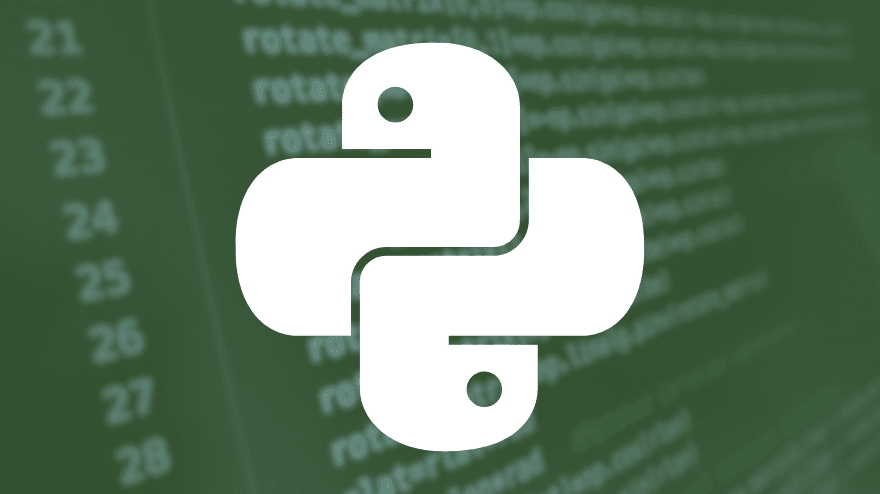In the ever-evolving tech landscape, the demand for skilled individuals is ever-present, spanning across various domains. Among these, cybersecurity stands out for its dynamic nature, adapting rapidly to the latest technological advancements. From the early days of static web pages to the intricate data flows of today, the cybersecurity landscape has transformed significantly, with numerous threats constantly looking for vulnerabilities to exploit.
As I immerse myself in the dynamic world of cybersecurity, my recent transition to this field is rooted in a journey of years studying IT-related topics, starting with electronics and extending to several years in development. Despite this broad background, the realm of cybersecurity remained largely unexplored by me, with only occasional warnings from teachers alluding to some security concerns.
In the early days of my PHP exploration, a seemingly peculiar suggestion by a teacher to secure SQL queries using a library initially didn’t make much sense to me. However, with a deeper understanding gained over time, I now recognize its profound significance as a crucial step in comprehending vulnerabilities like SQL injection and appreciating the tangible impact of security measures.
Exploring the Advantages of Transitioning
For developers contemplating a transition to cybersecurity, the benefits are numerous and varied. Their existing expertise in networking and coding provides a solid foundation for success in this dynamic field. Proficiency in application development, understanding of project lifecycles, and the ability to craft and modify code are all essential skills that directly translate into cybersecurity competencies.
This skill set opens doors to a range of specialized roles within the cybersecurity domain. These include:
Vulnerability Analysts: Leveraging their software development knowledge, vulnerability analysts identify and exploit weaknesses in software systems to assess and improve their security posture.
Penetration Testers: Utilizing their coding skills, penetration testers simulate real-world cyberattacks to uncover vulnerabilities and enhance the overall security of networks and systems.
Security Analysts: Applying their problem-solving abilities, security analysts investigate and respond to cybersecurity incidents, minimizing their impact and preventing future breaches.
Cybersecurity Engineers: Drawing upon their analytical skills, cybersecurity engineers design, implement, and maintain security solutions to protect organizations from evolving cyber threats.
Security Consultants: With their understanding of software development and security principles, security consultants advise organizations on how to improve their security posture and mitigate potential risks.
Navigating the Transition: Challenges and Considerations
While the shift from development to cybersecurity offers numerous benefits, it’s not without its challenges. One of the main challenges lies in bridging the cultural and mindset differences between the two fields. Developers, often focused on creating features, must adapt to the cybersecurity mindset, prioritizing the protection of systems and anticipating potential threats.
Furthermore, cybersecurity professionals require a comprehensive understanding of various security topics, including networking, cryptography, and malware. Acquiring this expertise demands dedication and continuous learning as the field evolves rapidly.
Emphasizing the importance of continuous learning in cybersecurity is extremely important. The ever-changing landscape demands individuals to keep up with the latest threats, technologies, and security best practices. Additionally, soft skills, such as communication and collaboration, play a crucial role in cybersecurity roles, especially when working within a team or communicating security concepts to non-technical stakeholders.
The Role of Previous IT Experience
Contrary to popular belief, a cybersecurity career doesn’t always require extensive IT knowledge. While not a strict prerequisite, basic IT and coding knowledge can prove advantageous, aiding in the study of security and enhancing resumes.
According to a 2016 study by ESG and the Information Systems Security Association (ISSA), 78% of cybersecurity professionals follow an indirect route, starting as IT professionals and gradually progressing into cybersecurity as their careers unfold. These individuals credit their successful transition to IT for gaining experience with various technologies, understanding IT operations, and fostering collaboration between IT and business units. This indirect route brings the organizational and technical experience of IT professionals to the cybersecurity realm, enriching teams with diverse skills. Additionally, some individuals begin their journey with a mixed role as a security champion — a non-security professional embedded in non-security teams, advocating for a security culture — before transitioning into a full-fledged career in security.
Final Thoughts
As a Computer Science student and intern, my journey lacks the extensive IT experience often associated with cybersecurity professionals. Yet, in sharing my experiences, I aspire to motivate both beginners and seasoned professionals to view cybersecurity through a different lens, highlighting that it is never too late to embark on a cybersecurity career.
Transitioning from a development background to a cybersecurity career is a journey filled with both advantages and challenges. While the path is rewarding and exciting, dedication and hard work are prerequisites. I hope this post provides insights into my experience, offering valuable tips to those considering a similar transition. Navigating this path requires continuous learning, adaptability, and a passion for securing digital landscapes.


